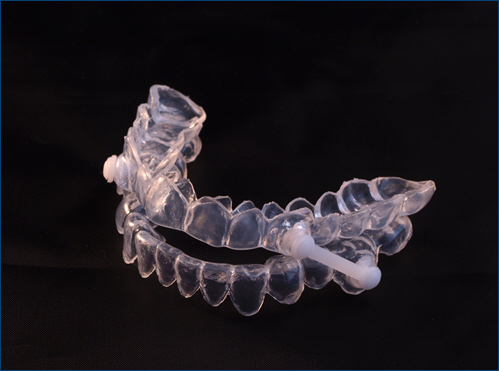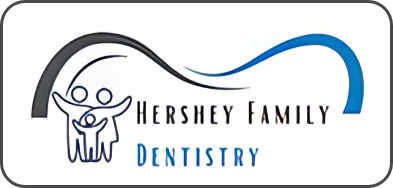Sleep apnea is a sleep disorder characterized by repeated interruptions in breathing during sleep. These interruptions can lead to fragmented sleep and decreased oxygen levels, resulting in daytime fatigue and other health issues. The two most common types are obstructive and central. While lifestyle changes and medical treatments are often recommended, dental treatments can also play a significant role in managing it.
 The Role of Dental Treatments
The Role of Dental Treatments
- Oral Appliances: One of the most effective dental treatments for sleep apnea is the use of oral appliances. The appliances are known as mandibular advancement devices (MADs). These custom-made devices are designed to reposition the lower jaw and tongue to keep the airway open during sleep. Oral appliances are particularly beneficial for individuals with mild to moderate obstructive sleep apnea. These are people who cannot tolerate continuous positive airway pressure (CPAP) therapy. They are comfortable, portable, and often more convenient than traditional CPAP machines.
- Dental Sleep Apnea Appliances vs. CPAP: While CPAP therapy remains the gold standard for managing sleep apnea, some patients find it difficult to adhere to due to discomfort or other issues. Dental sleep apnea appliances offer an alternative for those who cannot tolerate CPAP. They can be a viable option for patients who experience partial relief from CPAP or prefer a less invasive solution. However, it’s important to work closely with a dental professional who specializes in sleep medicine. This ensures the appliance is properly fitted and adjusted for optimal effectiveness.
Benefits of Dental Treatments
- Improved Sleep Quality: By keeping the airway open, oral appliances can significantly improve sleep quality, reducing the frequency of apneas and hypopneas (partial blockages). This leads to better overall rest and reduced daytime sleepiness, allowing individuals to feel more alert and energetic throughout the day.
- Enhanced Comfort and Convenience: Compared to CPAP machines, oral appliances are generally less cumbersome and easier to use. They do not require masks, hoses, or a power source, making them a more comfortable option for many patients. This increased comfort can improve adherence to treatment and overall satisfaction.
Considerations and Consultation
- Consultation with a Sleep Specialist: It’s crucial to consult with a sleep specialist or dentist with experience in sleep medicine before starting any dental treatment for sleep apnea. A thorough evaluation, including a sleep study, will help determine the severity of your condition and the most appropriate treatment options.
- Ongoing Monitoring and Adjustment: Dental appliances require periodic adjustments to ensure they remain effective as your condition and needs evolve. Regular follow-ups with your dentist will help monitor your progress and make necessary modifications to the device.
Dental treatments, particularly oral appliances, offer an effective alternative or complement to traditional sleep apnea therapies. By improving airflow and enhancing comfort, these treatments can significantly improve sleep quality and overall health. Working with a qualified professional to tailor the treatment to your needs is essential for achieving the best results and managing sleep apnea effectively.

